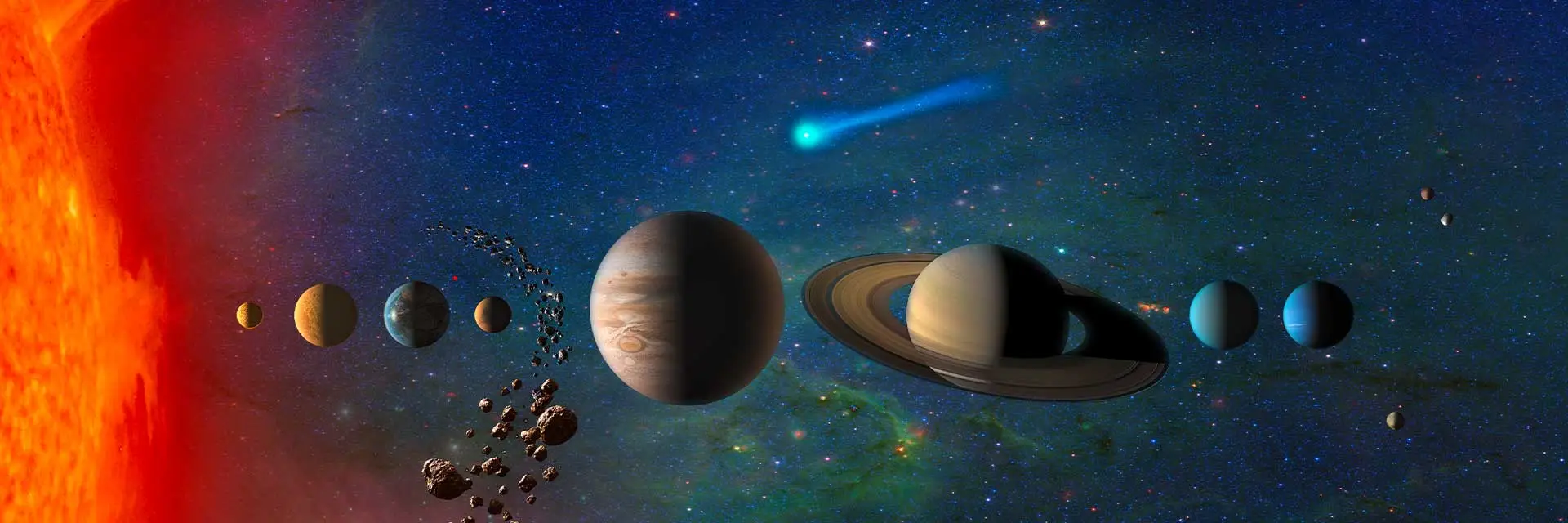Planetary exploration is the study of other planets in our solar system and beyond. It involves sending spacecraft to these celestial bodies to collect data and learn more about their formation, composition, and potential for life.
Early Planetary Exploration
The first planetary exploration missions were launched in the 1960s and 1970s. These early missions focused on the Moon and the inner planets, such as Mercury, Venus, and Mars. The Apollo program, which landed humans on the Moon in 1969, was a major milestone in planetary exploration.
Modern Planetary Exploration
In recent decades, planetary exploration has become increasingly sophisticated. Advanced spacecraft equipped with a variety of instruments have been sent to explore all of the planets in our solar system, as well as several moons and asteroids. These missions have provided us with detailed images and scientific data that has greatly expanded our understanding of the solar system.
Key Goals of Planetary Exploration
- Search for Life: One of the primary goals of planetary exploration is to search for signs of extraterrestrial life. This includes looking for evidence of past or present microbial life on other planets, as well as studying the conditions that may be conducive to life.
- Understand the Formation of the Solar System: Planetary exploration helps us to understand how our solar system formed and evolved. By studying the composition and geology of other planets, we can learn more about the processes that shaped our own world.
- Discover New Resources: Planetary exploration may also lead to the discovery of new resources that could be valuable to humanity. For example, there is potential for mining asteroids for valuable minerals and metals.
Challenges of Planetary Exploration
Planetary exploration is a challenging endeavor. Some of the key challenges include:
- Distance: The planets are vast distances from Earth, which makes it difficult and expensive to send spacecraft to them.
- Extreme Environments: The environments of other planets can be extremely harsh, with temperatures ranging from scorching hot to freezing cold.
- Radiation: Spacecraft and astronauts are exposed to high levels of radiation, which can damage their electronics and pose health risks.
The Future of Planetary Exploration
As technology continues to advance, we can expect to see even more ambitious planetary exploration missions in the future. These missions may focus on exploring distant exoplanets, searching for signs of extraterrestrial life, and even establishing human settlements on other worlds.
Planetary exploration is a testament to human curiosity and our desire to understand the universe. It is a field that is constantly evolving, and there is much more to discover.
